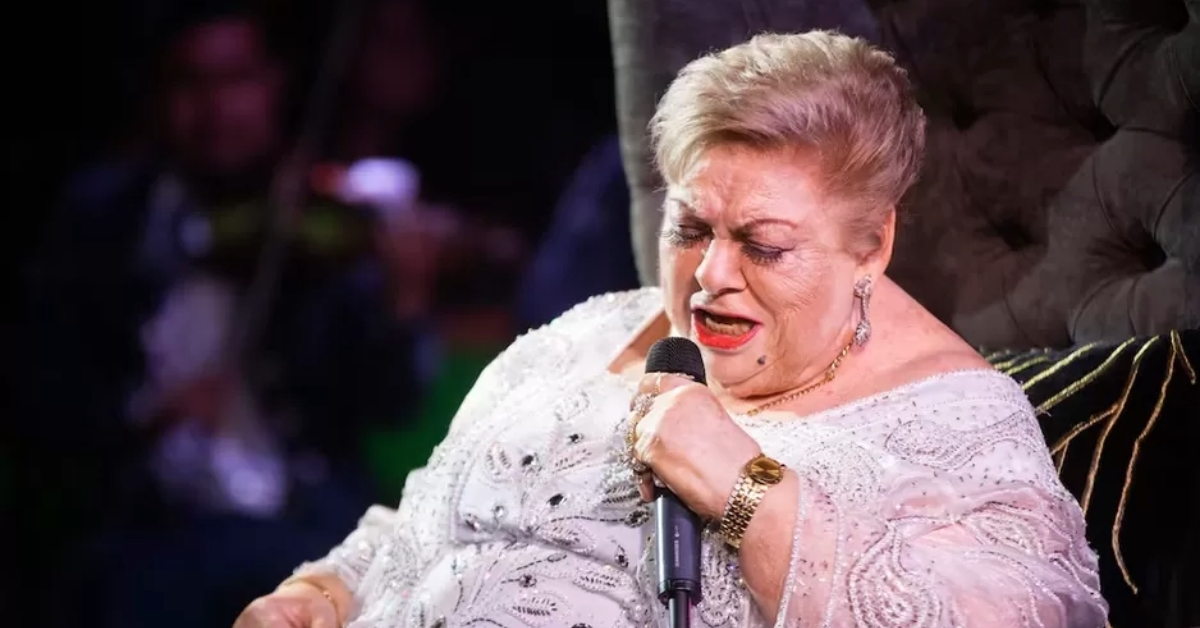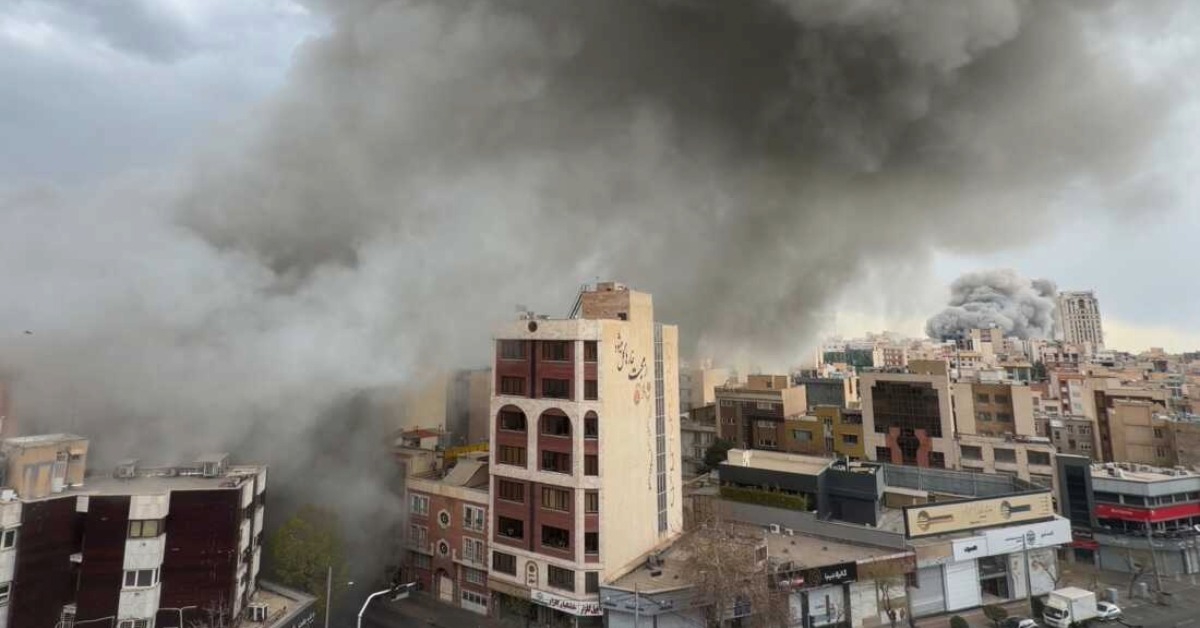Puerto Vallarta, Mexico - Legendary Mexican singer Paquita la del Barrio, known for her fierce and unapologetic songs about love, heartbreak, and gender dynamics, passed away in the early hours of February 17 at the age of 77 due to cardiac arrest. The iconic artist, whose real name was Francisca Viveros Barradas, died at her home in Alto Lucero, Veracruz.






